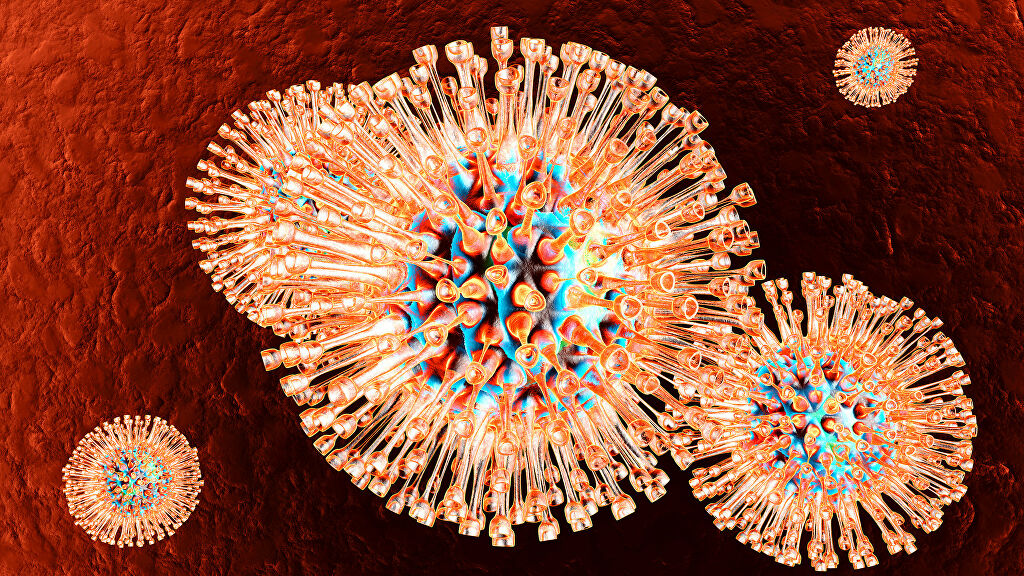Genital Ulcers Treatment at Rheumatology Clinic DRHC Dubai
At Dr. Rami Hamed Medical Center, Dubai, our team of rheumatologists specializes in the diagnosis and treatment of genital ulcers. We are committed to providing our patients with personalized care and effective treatment options to help them manage their condition and improve their quality of life.
Causes and Risk Factors
Genital ulcers are sores that develop on the genitals or around the anus. The exact cause of genital ulcers is not known, but they are believed to be a combination of genetic, environmental, and immune system factors. Several factors can increase the risk of developing genital ulcers, including:
- Sexual activity: Genital ulcers can be caused by sexually transmitted infections (STIs) such as herpes, syphilis, chancroid, and granuloma inguinale.
- Autoimmune diseases: Conditions such as Behçet's disease and systemic lupus erythematosus (SLE) can cause genital ulcers.
- Other infections: Infections such as bacterial vaginosis, yeast infections, and urinary tract infections (UTIs) can cause genital ulcers.
- Genetic factors: Having a family history of genital ulcers or other autoimmune diseases increases the risk of developing the condition.
- Immunosuppression: Conditions or medications that suppress the immune system can increase the risk of developing genital ulcers.
Symptoms
The symptoms of genital ulcers can vary depending on the underlying cause, but common symptoms include:
- Small, painful sores on the genitals or around the anus
- Redness or inflammation around the sores
- Itching or burning sensation
- Pain or discomfort during urination or sexual intercourse
- Swollen lymph nodes
- Fever
- Fatigue
Diagnosis
Diagnosing genital ulcers typically involves a physical examination and a review of the patient's medical history. In some cases, tests such as blood tests, swabs, or biopsies may be performed to determine the underlying cause.
Treatment Options
Treatment for genital ulcers depends on the underlying cause. For STIs, antibiotics or antiviral medications may be prescribed. For autoimmune diseases, medications to suppress the immune system may be prescribed. Lifestyle changes, such as avoiding trigger foods or irritants, maintaining good hygiene, and practicing safe sex, can also help prevent outbreaks of genital ulcers.
When to Seek Medical Advice
If you are experiencing symptoms of genital ulcers, it is important to see a rheumatologist for a proper diagnosis and treatment plan.
Complications
Complications of genital ulcers may include scarring, pain, discomfort, and an increased risk of infection or transmission to sexual partners.
If you are concerned about genital ulcers or are experiencing symptoms of the condition, it is important to see a rheumatologist for a proper diagnosis and treatment plan. Contact us today to schedule an appointment and take the first step towards managing your condition and improving your quality of life.










